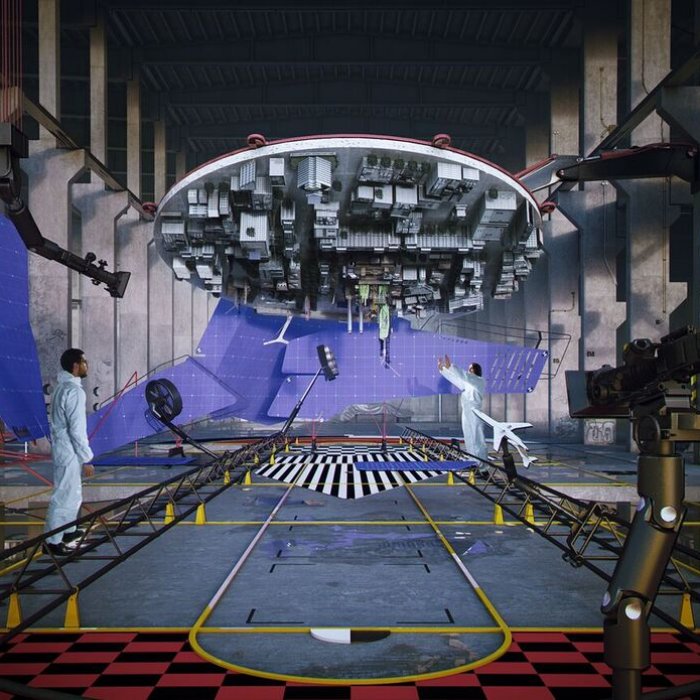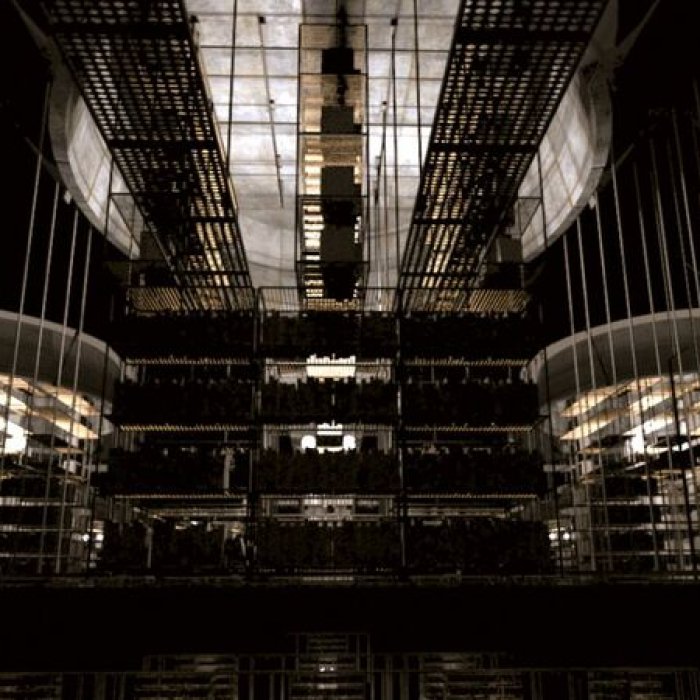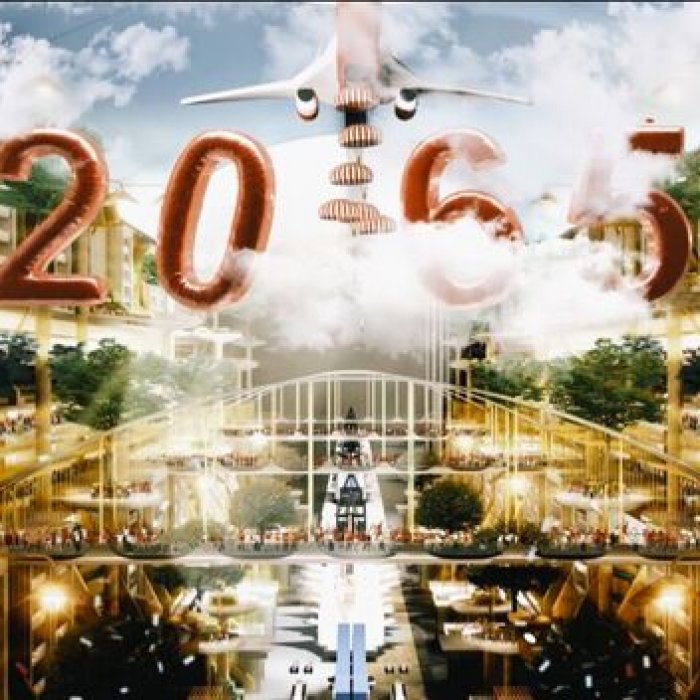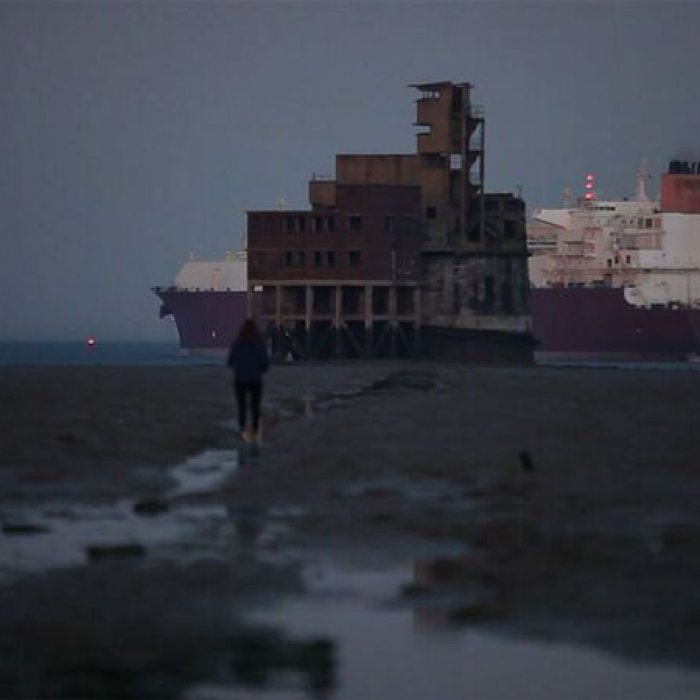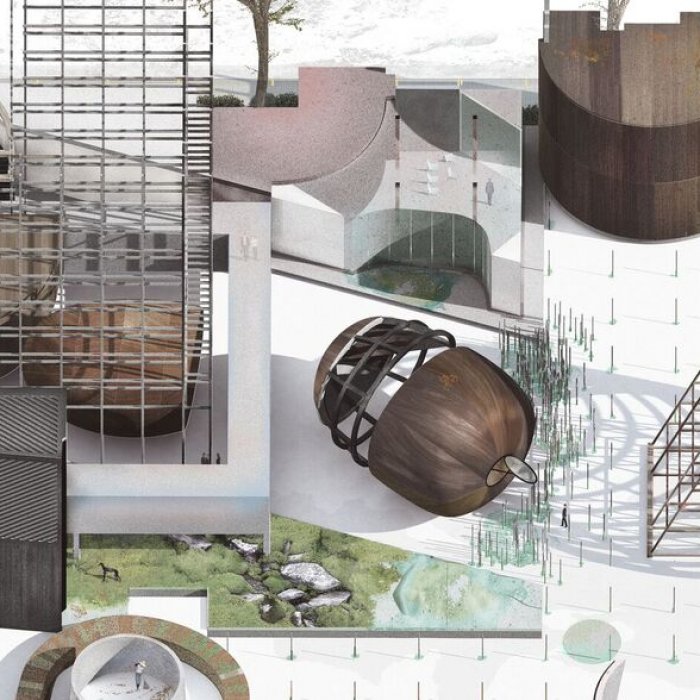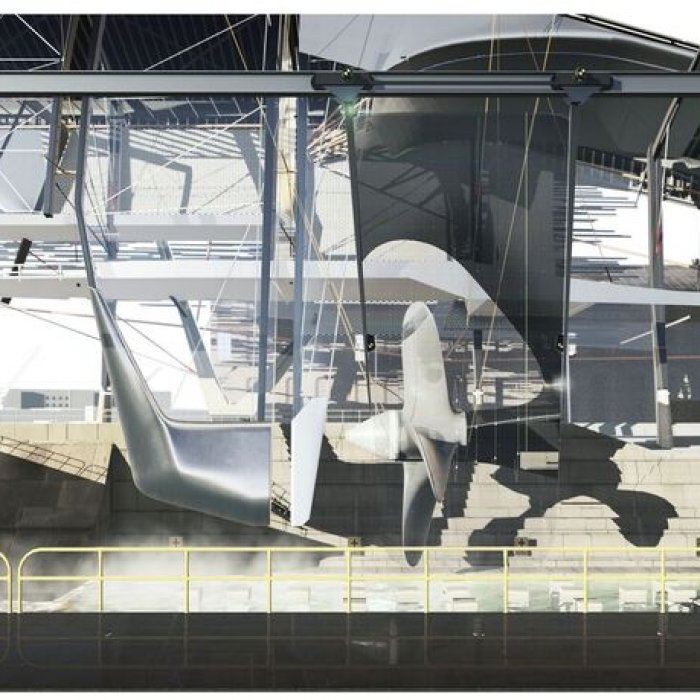Cinematic Essays of Urban Futures
Penelope Haralambidou & MArch Unit 24, Bartlett School of Architecture, UCL
2015 -2016
Project Team:
Penelope Haralambidou, Michael Tite with Kario Baden-Powell, Nico Czyz, Finbar Fallon, Azikul Hoque, Stefanos Levidis, Ed Mascarenhas, Brook TJ Lin, Emir Tigrel, Angeliki Vasileiou
Cinematic Essays of Urban Futures brings together nine short films that take as their subject matter the future of architectural form and the city, what architectural designer and theorist Penelope Haralambidou has called architectural essay films. Originally coined by the German artist and filmmaker Hans Richter, the term 'essay film' describes an intimate, allusive and idiosyncratic cinematic genre at the margins between fiction and documentary. Although under-theorised, the essay film has a long history as a form that thinks and thought that forms, as French film essayist Jean-Luc Godard asserts. Combining digital filmmaking with architectural proposition, the cinematic musings on show bridge theory with practice and design with commentary. By introducing empathy and the dimension of time the films can unlock the storytelling, political and philosophical subconscious of the global city of tomorrow and grasp alternative near-future scenarios.
The films are produced by students in March Unit 24 at the Bartlett School of Architecture, UCL. It is a research laboratory making the most out of recent advancements in digital technology that have brought the disciplines of film and architecture closer than ever before.
Selected by Penelope Haralambidou, the films are organised in three sub-categories:
Tomorrow’s cities: Finbar Fallon, Subterranean Singapore, 2016; Kairo Baden-Powell, Fictional Constructs, 2014; Azizul Hoque, Whalemart City, 2016.
Tomorrow’s buildings: Brook TJ Lin, An Anatomical Embassy, 2016; Angeliki Vasileiou, Weaving the Ineffable 2015; Emir Tigrel, Vestigial Landscapes, 2015.
Tomorrow’s landscapes: Nico Czyz, The Long Now Foundation, 2016; Stefanos Levidis, The Embassy of the Displaced, 2016; Ed Mascarenhas, Barbecana, 2014.

